There’s a classic concept in psychology that I’ve been fascinated with ever since I started exploring it in Dream Teams. It’s called “Balance Theory,” and I think it explains much of the irrational behavior we’re witnessing in 2025 in politics, culture, and at work.
In essence, Balance Theory says that our brains don’t like inconsistency. When something is “out of balance,” our brains adjust to put it back.
To use an example from the book:
Say you have two beliefs. You think Triangles are good. You think that Octagons are good. You find out that Triangles are big fans of Octagons. This is great news for you, because you like them both. You are in balance.
However, if you find out that Triangles think Octagons are bad, you become out of balance. You can’t think highly of both Triangles and Octagons if Triangles think Octagons are bad.
Our natural instinct is to decide that one of these things (Triangles or Octagons) is bad.
Or:
We do this automatically with all sorts of things, but especially with people.
Research published in 1981 showed that we do this especially with our political candidates—though I doubt you’re surprised to hear it!
When you like a candidate, and they like a policy, you’re going to tend to like the policy too even if you don’t know much about it.
When you like a candidate, but don’t like one of their policies, you are likely to go through cognitive gymnastics to get those two things in balance. (And because politics is so-often attached to identity, people are more likely to rationalize the policy they don’t like than to ditch their candidate—assuming the alternative is to choose a candidate of another party.)
Think about this. People are willing to twist themselves into illogical knots to keep supporting their party or cult leader. We observe it all the time.
You might be reading this and saying “Yes, yes!” while mentally waggling your finger at someone on the other side of the political aisle than you.
But what Balance Theory says is that because you are a human, you do this automatically, too.
Unless you consciously think about it.
The 3 Ways We (Subconsciously) Seek Balance When We Come Into Conflict With Others Or Their Ideas
A new 2024 study in The Journal Of Psychology has found that when people become psychologically out of balance with other people due to conflict, we tend to choose one of three reactions:
Validating. Trying to convince the other person or those observing that you are right.
Conforming. Deferring to the other person and letting them be right.
Distancing. Backing away from the relationship, either because you no longer believe in it or you believe that backing away will cause others to come to you.
Notice what’s not in that list: doing nothing.
What else isn’t on the list: seeking to understand, explore, and find even better answers together. (Sadly for me as someone who wrote half a book on the power of thinking together through debate, cognitive friction, and finding even bigger ideas when we realize that we disagree… this behavior does not come naturally!)
This is what happens when we react without thinking. Each of the above subconscious (and often immediately expressed) reactions can be a form of rationalizing self-interest. And our personalities dictate which of the three reactions we’ll tend to make—not actual logic or rationality.
Say you like your job. And you like your boss. Then say your boss fires you.
As someone who’s fired dozens people (and, sadly, laid off hundreds), I’ve seen each of these knee-jerk reactions:
Validating: “You are wrong to fire me. You should have been more grateful to have me in the first place. You are bad. I’m going to tell everyone this.”
Conforming: “It wasn’t a good fit in the first place. I don’t belong here.”
Distancing: “I’m never speaking to anyone at this company again.”
I was once fired as a columnist for a major magazine. (They said I wasn’t delivering articles on a regular enough schedule; as a reader of my Substack, you might not be surprised to hear this!)
My immediate reaction:
“I never liked that place that much anyway. They put too many ads up next to my articles. I should have left a long time ago. Yadda yadda yadda.”
This was certainly my ego trying to protect my fragile identity as a writer. But the reaction maps to Balance Theory—to feel “in balance” with the situation, I knee-jerk chose a path that put things back in balance in my head.
We see these three behaviors in politics when “our guy” does something out of balance with our values:
People convince themselves that their values actually were always aligned with this new behavior (conforming). “Those files never should have been a big deal anyway…”
Or they make a big display about how they were always the good guys (validation). “That’s not what I voted for. I’ve been betrayed!”
Or they tune out to not have to think about it. (Distancing.) “All politics is so ick right now. I’m no longer paying attention to either side.”
I will say, I do agree on the “ick” thing when it comes to today’s political environment. So let’s not dwell on any specifics for now and therefore distract from the point of this business essay, which is:
When we don’t have take the time and exercise the intellectual humility to think about our reactions to psychological imbalance, we start running on instinct rather than logic.
Is there anything we can do about this?
The good news is yes.
As with many principles of human behavior, once we understand the reflexive psychology at work inside of our human heads, we can be more conscious of our behavior. We can think about our thoughts. We can put space between what happens and how we react.
But there is two small, specific habits that can make a huge difference for us in this regard:
HABIT 1: “AT THAT MOMENT IN TIME”
Any time we’re “in balance,” the balance is based on the information we have at a given moment in time.
As soon as we learn any new information, we can create a new “balance.” The key insight here is we don’t have to justify our previous thinking with arguments now (validating, confirming, distancing). The only justification we need is to remind ourselves that we were doing our best at the time with the information we had.
I call this TIME-STAMPING my opinions.
“This is what I believed at that moment in time. I have different information now at this moment in time, so now I believe differently.”
Try it. It’s powerful.
HABIT 2: “BOTH THINGS CAN BE TRUE”
Not everything needs to be in balance in our heads. For the simple fact that we do not have perfect information about everything. And for the fact that the people we’re dealing with may not be in balance, or behaving logically, either.
It’s ok to decouple our opinions. Obviously, we shouldn’t ignore blatant bad logic when we’re presented with it. But “this person did a bad thing” and “this same person did a good thing” can both be true.
“I am an intelligent, truth-seeking person” and “I don’t know the answer to that” can both be true.
"Both things can be true" is an excellent starting point for thinking about our thinking. But we can't stop there. The next question is "are both things true?" Followed by, "what does that mean?" And so on.
If you don’t ever take the next step of trying to learn—trying to find new information so you can form rationally-thought-out opinions and make thoughtful decisions—then you are probably in denial about something.
If you don’t want to learn more because it’s going to be painful to change your mind… I’d dare say it will only be painful if you feel the need to justify how you thought before.
I’m not blaming you for how you thought, with the information you had, before you learned and changed your mind. Why should you blame yourself?
Here’s to moving forward, learning more and getting better.
–Shane



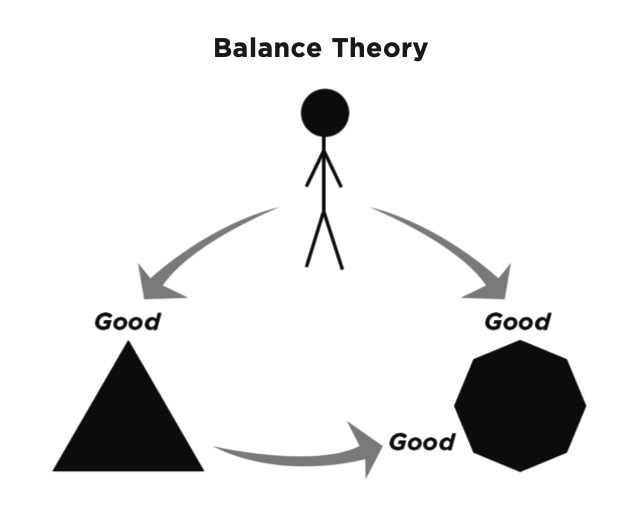
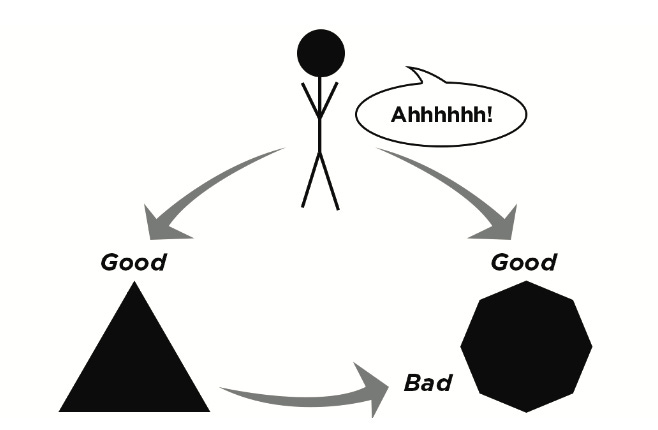
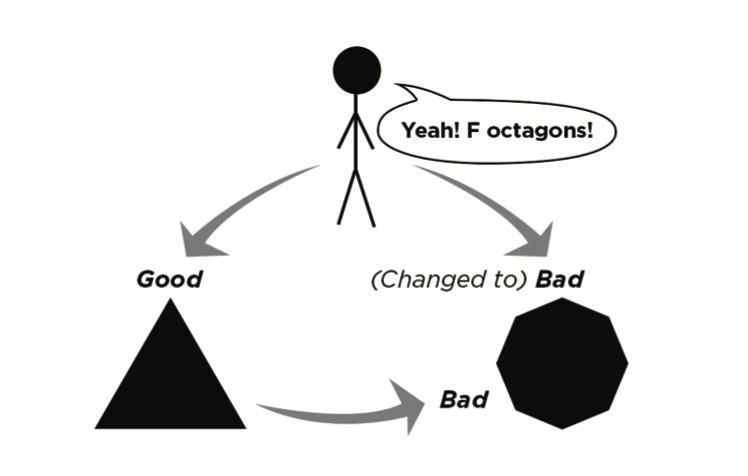
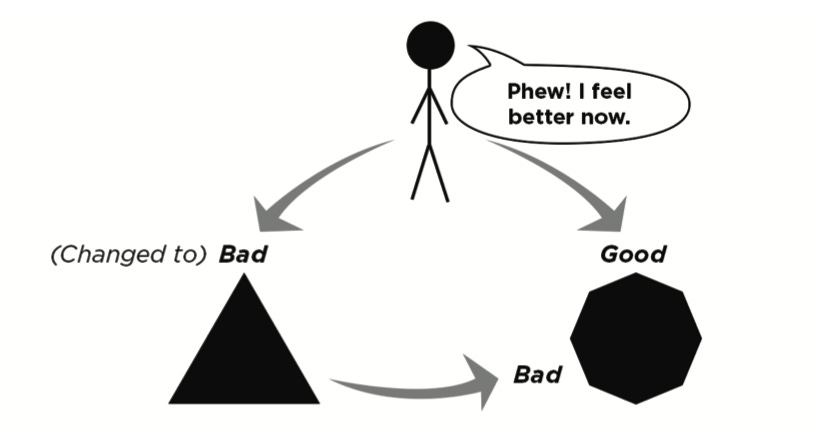

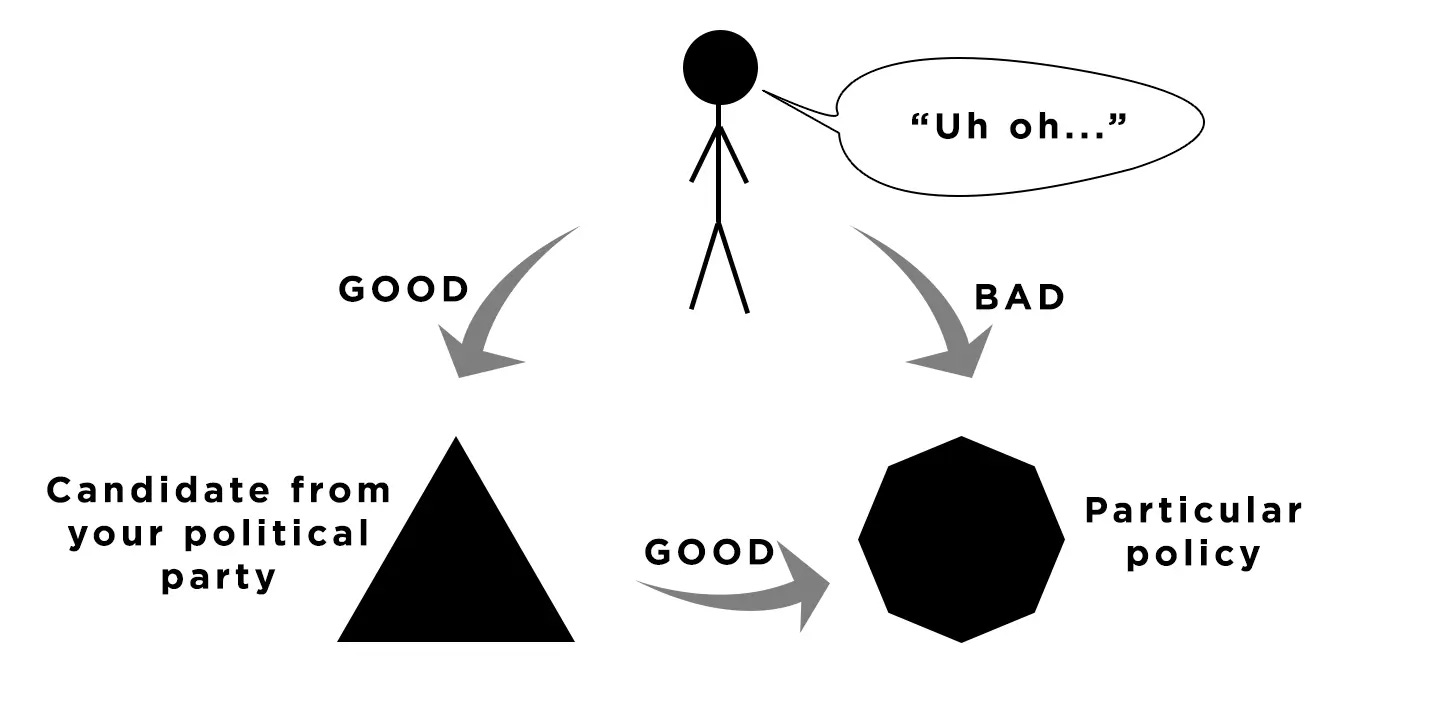
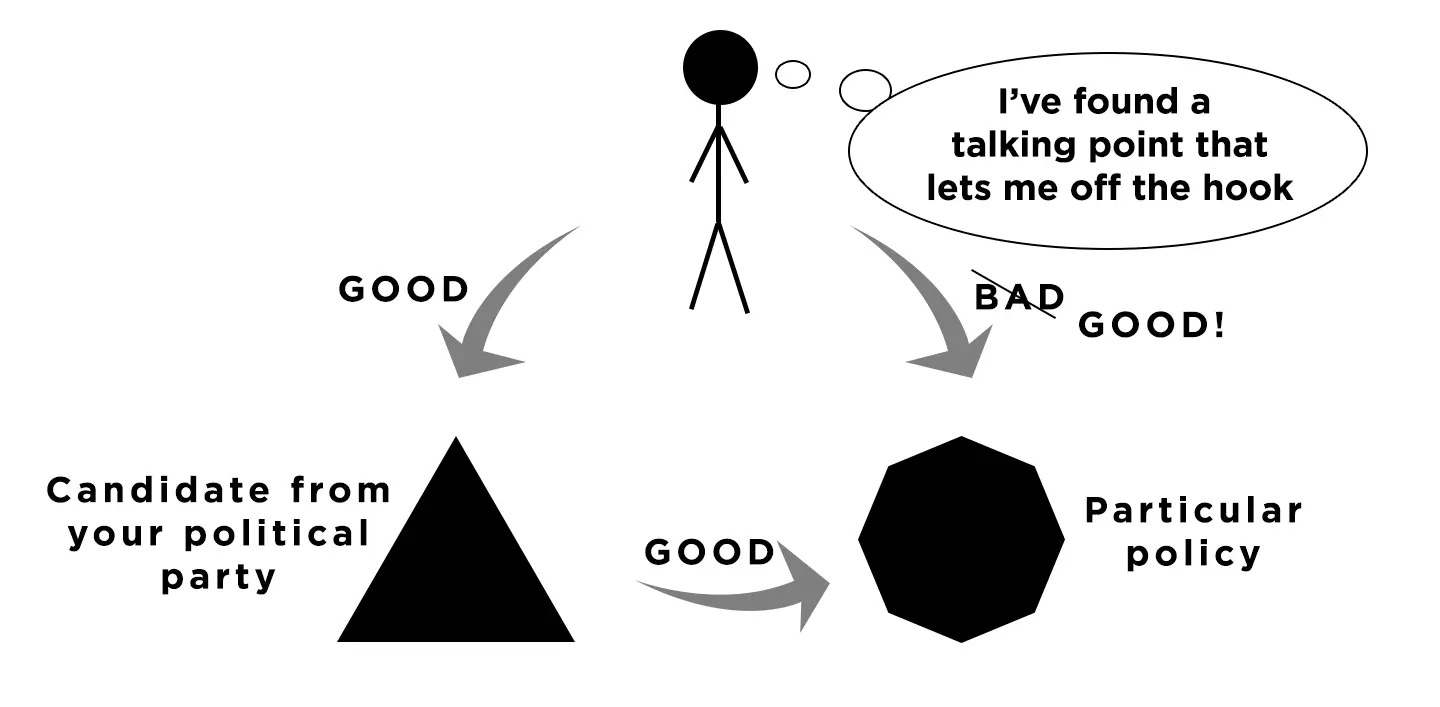
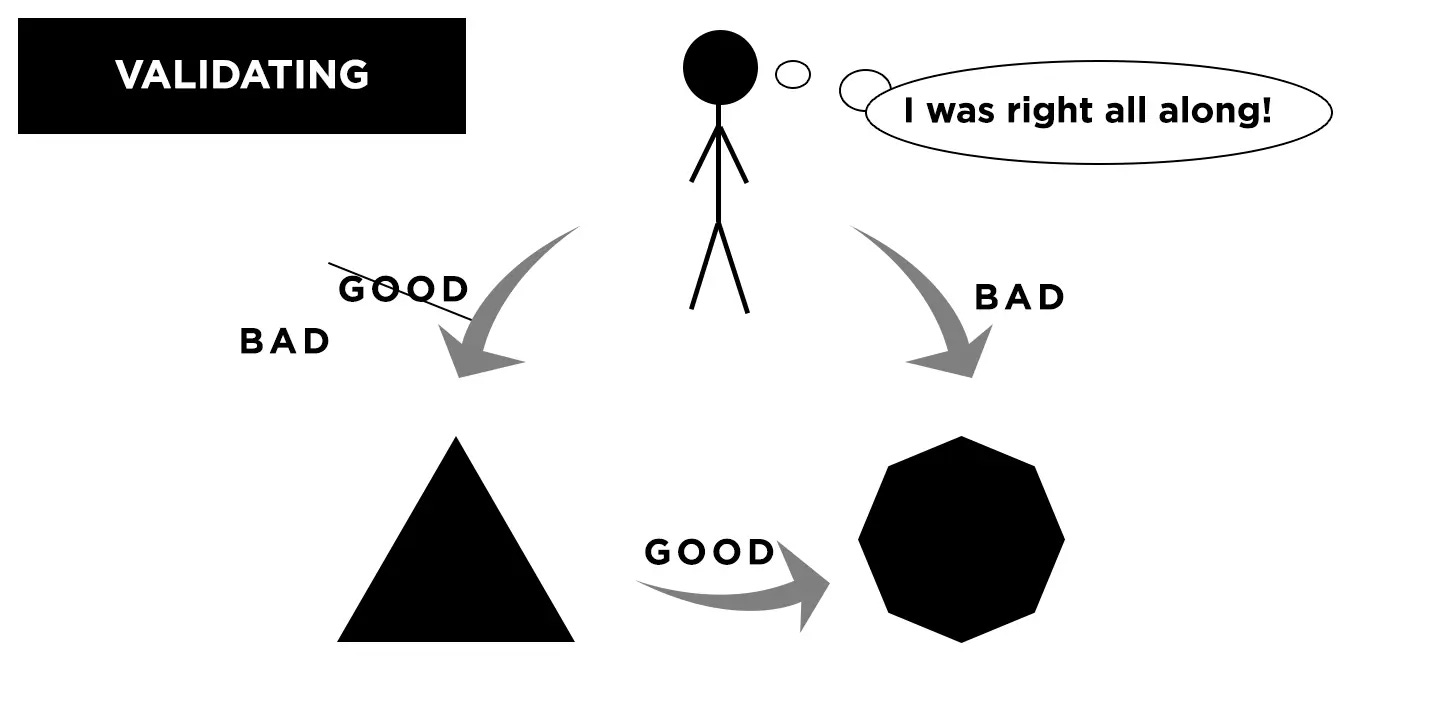
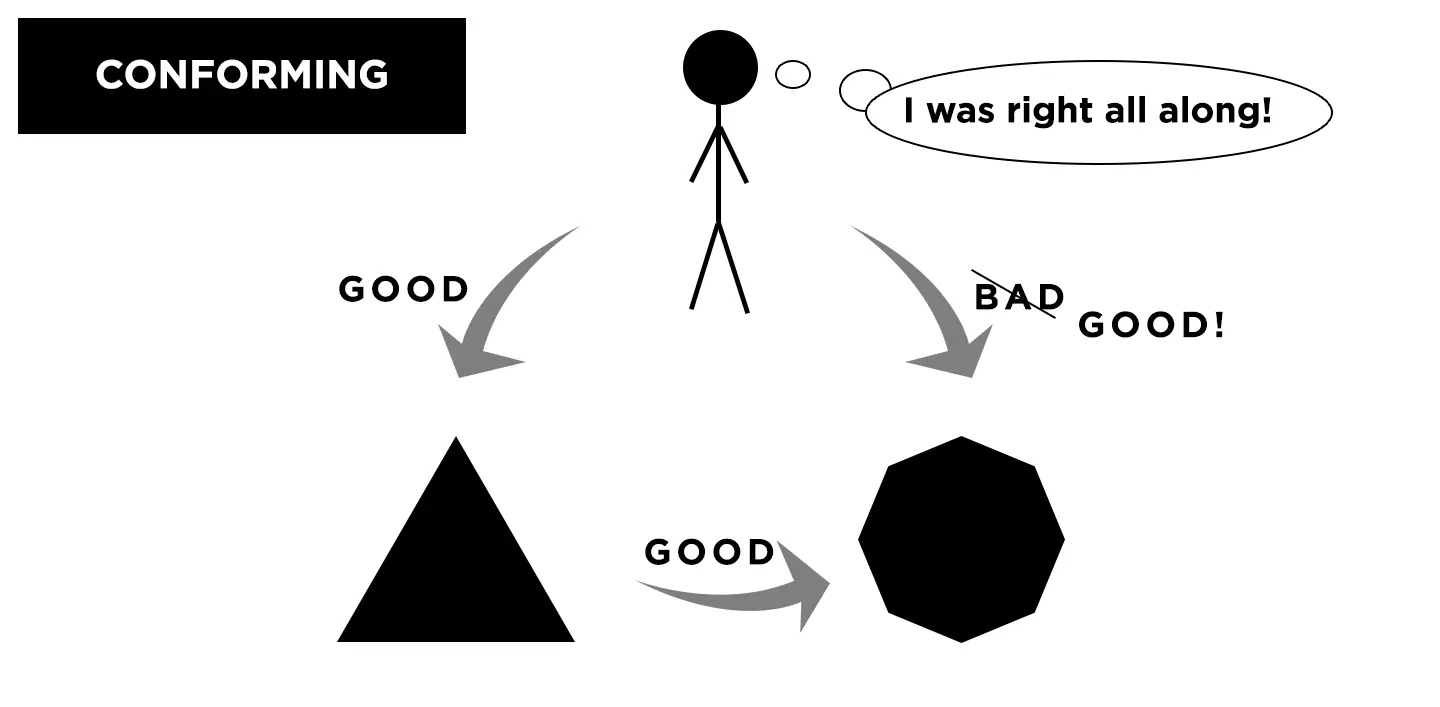


Nice one. I'll give a real-life example here. I voted for Mamdani, even though I think a few of his signature policies probably won't work. (He's not building enough housing, city-run grocery stores are unlikely to make a dent, freezing the rent probably just leads to less housing being built in the long run). But I voted for him because I was squared in my head two things:
1. I don't agree with all of his policies
2. I think that someone with the right values and a willingness to experiment with novel solutions is worth electing.
Plus, really and truly, fuck Cuomo